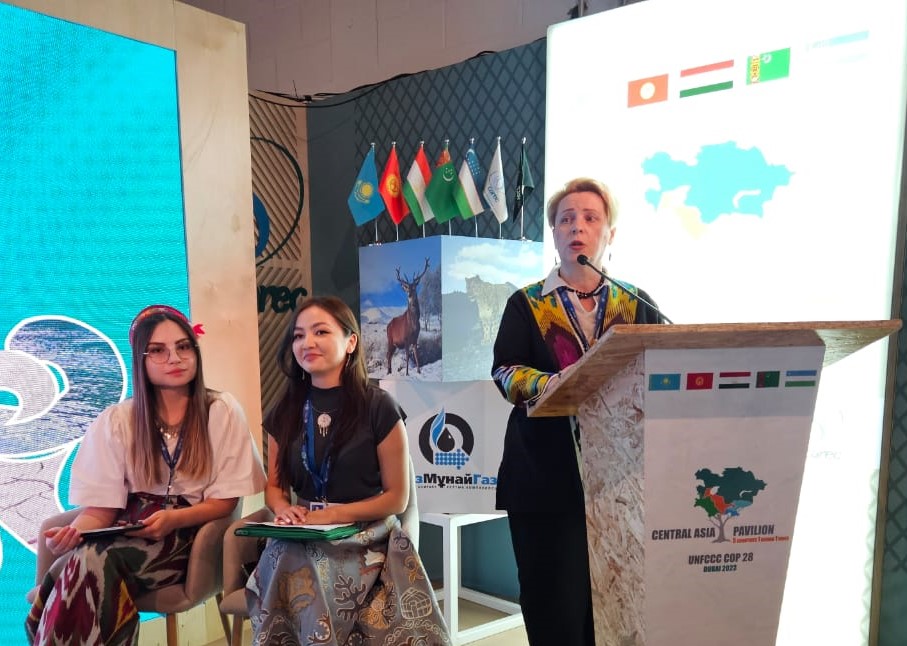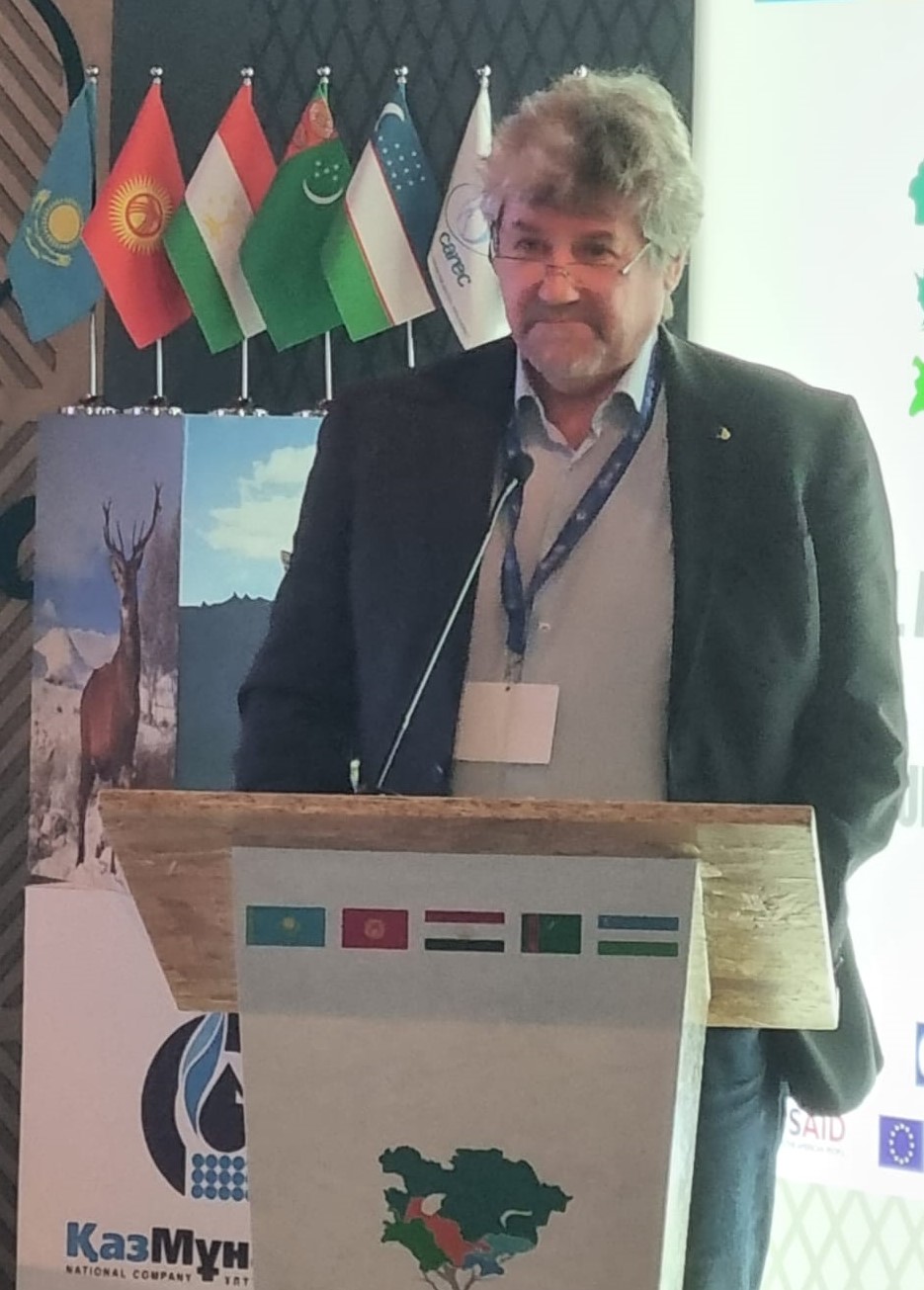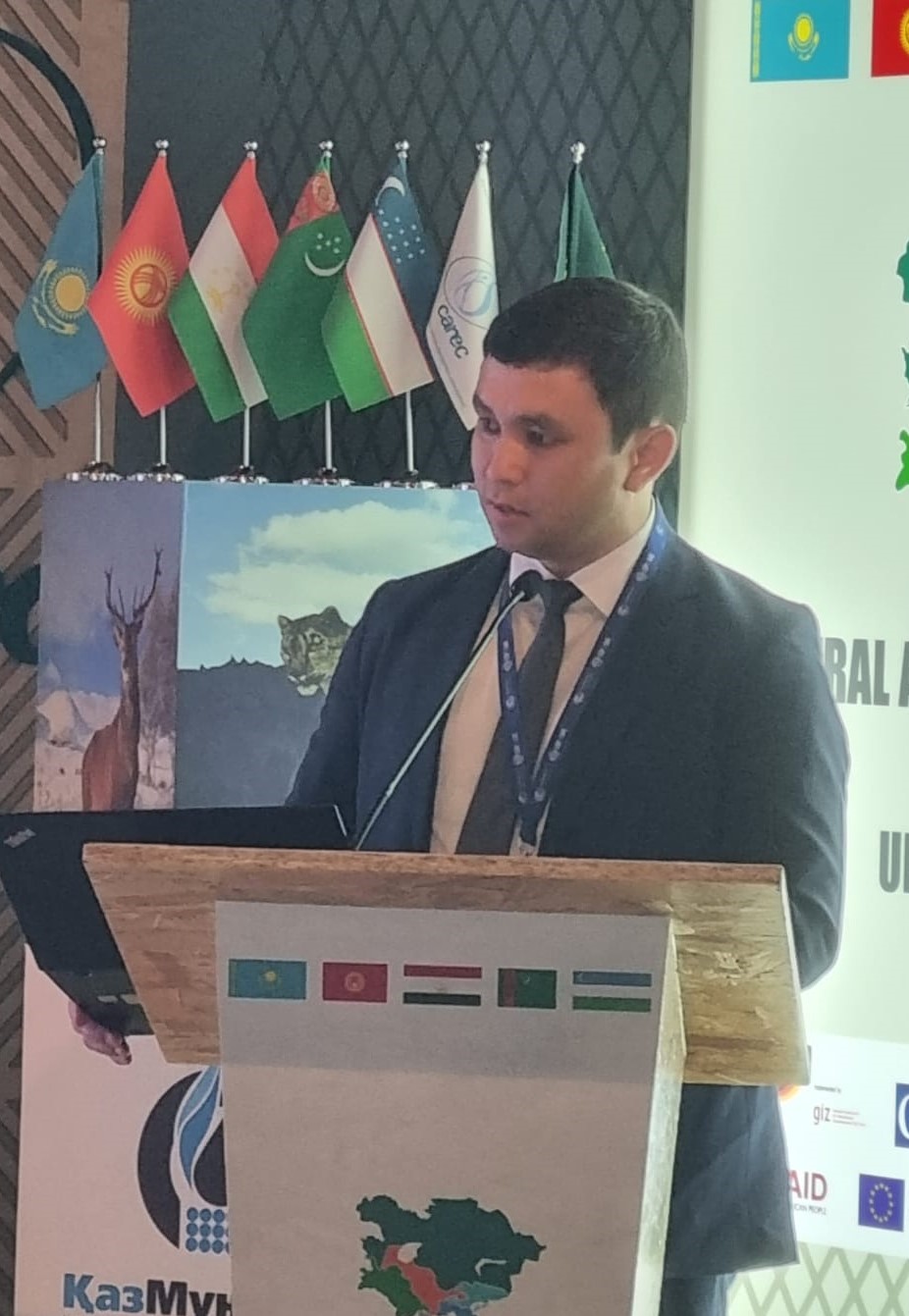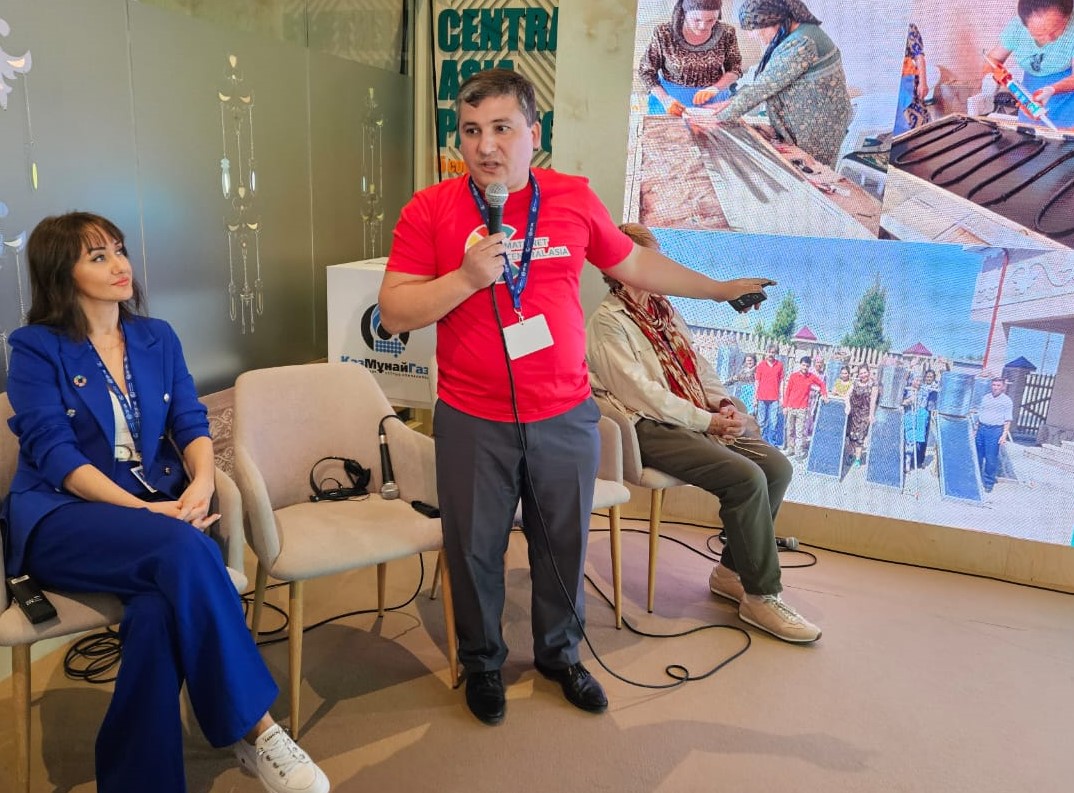Dubai – UAE – December 8 – the Central Asia Pavilion of the UNFCCC COP28 hosted the presentation of the Regional Statement on behalf of civil society and youth of Central Asian countries.
Opening the event, Svetlana Mogilyuk, the Regional Coordinator of the Civil Society Climate Network of Central Asia, expressed gratitude to the Regional Environmental Centre for Central Asia, which three years ago united the efforts of civil society and government agencies under the slogan “5 countries - 1 region - 1 voice”.
This is the third Conference of the Parties at which representatives of civil society and youth of the Central Asian region unite in the preparation of regional statements in which they express their thoughts and ideas.
The side event is divided into thematic blocks in accordance with the structure of the Central Asia Civil Society and Youth’ Statement for the 28th Conference of the Parties to the UN Framework Convention on Climate Change:
- Loss and Damage
- Local Communities
- Conservation of Natural Ecosystems
- Fair and Efficient Energy Transition
- Civil Society
The Regional Statement highlights the extreme vulnerability of the water sources in the region.
“In the face of climate change, the growing deficit of water resources becomes a chief challenge to our region’s future development. A serious threat looms over glaciers, the primary source of water for the region’s major rivers. Since the mid-20th century, Central Asia has lost up to 50 percent of its glaciers in certain river basins. On average, glacier loss amounts to one percent annually. According to projections, by the end of the 21st century, our glaciers will have shrunk by 90 percent. This irreversible loss will result in significant economic losses and damages to livelihoods in Central Asia,” says the Statement.
Problems of water resources, consequently, affect the prosperity of local communities:
“The intensification of aridity, the loss of glaciers, and the reduction of habitats and agricultural lands result in losses and damages that jeopardise the well-being of the population in the Central Asian republics. The burdens of these losses and damages fall heavily on the most vulnerable communities, particularly rural ones and especially women in them, as well as children and youth whose shares have been steadily increasing in the overall population of the region. Therefore, Central Asia needs to be recognized as a highly vulnerable region and be afforded the opportunity to attract international funds in order to compensate for the damages suffered by communities due to climate change.”
Full text of the Regional Statement.
Video recording - https://www.youtube.com/watch?v=gWJA0qQxgt0





